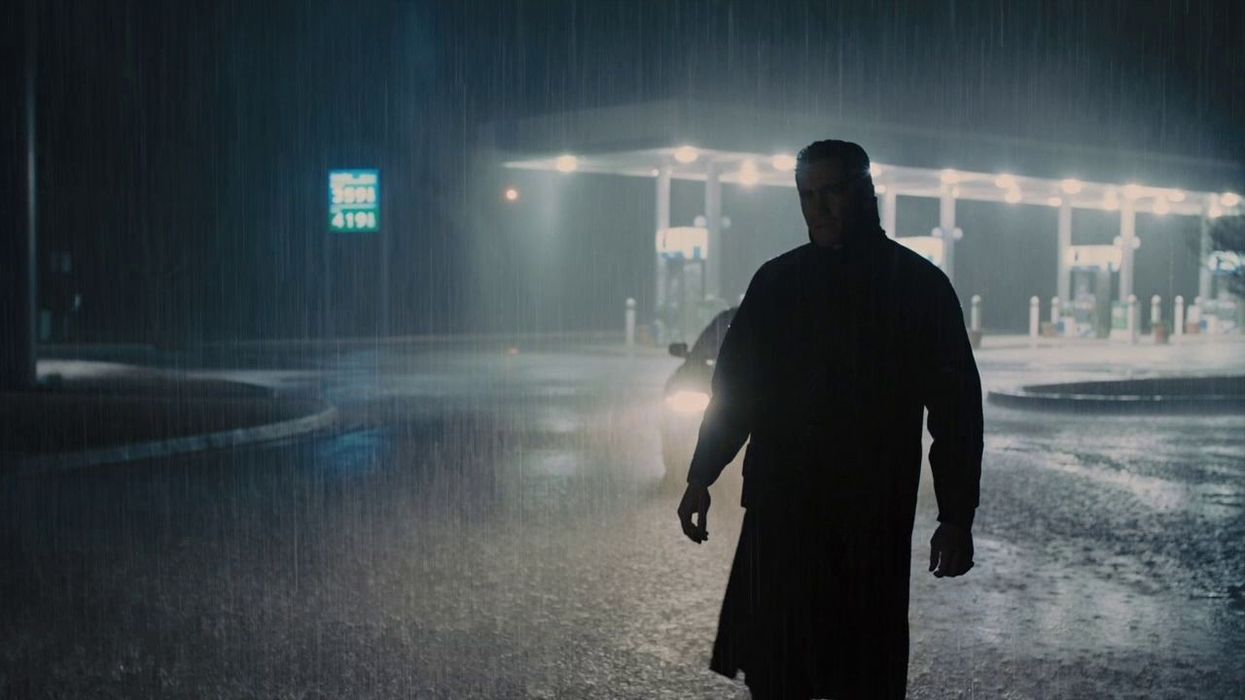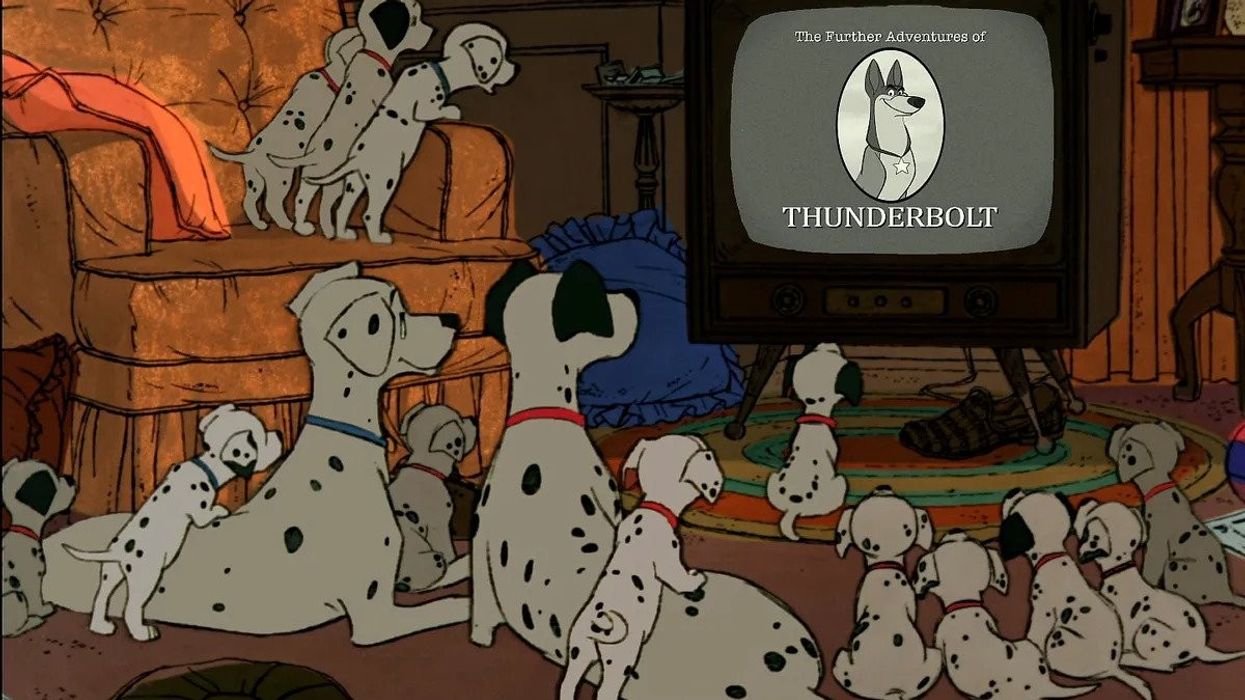The 3 Things Your Screenplay Is Missing in Act Two (and How to Find Them)
Act Two is a slog, but if you hit these moments, you'll find success.

When you're writing your screenplay, there are a lot of beats you have to try to remember. When you break them down over your acts, it can seem a little less complicated.
The three acts are a way to view a story that goes all the way back to Ancient Greece, and they inform all kinds of storytelling in film and television. It was Aristotle's theory that a drama should have a beginning, a middle, and an end. Well, with all this theory, sometimes you miss out on actually writing. So I wanted to break down the things I see people missing, because a lot of times it's the same. Even I miss these things, so it's good to review for me, too.
Today, we're going to go over Act Two. It;'s one of the hardest things to write because of all the moving pieces. But with any luck, we'll cover the things most people forget and work through them together.
Let's go.
The 3 Things Your Screenplay Is Missing in Act Two
1. Time in the world
One of the most fun things about writing is worldbuilding or the time you spend expanding the story and where it takes place. Lots of times, I read amateur screenplays that never build out the world in Act Two. That means they just stick with the main character and don't bring in complications, situations, or anything else.
If the world is not built, it feels like you're missing a part of the world that ingratiates the audience. We love exploring a place, even if it's a horror movie. We want to be involved in the world. That's how we understand the rules and the stakes.
2. A midpoint
I cannot stress how important it is to have a clearly delineated midpoint. We need something that punctuates we've reached the middle of the story. A midpoint helps you show the audience you're in control of the story.
A good midpoint shifts the perspectives of the audience and the characters. Usually, it involves characters having to recalibrate how they're going to go about their plan or life. This kind of momentum shift denotes a well-plotted piece. When you don't have a midpoint, your story just keeps going forward, and we don't get the necessary conflict or a real issue that forces characters to rethink.
3. Escalating situations
This is the one thing I struggle with the most. But Act Two needs to continue to escalate.
That means each scene needs to take your characters deeper and deeper into their issues. We should travel further into their problems. If there are set pieces, they should get bigger and bigger. Continue to mount pressure. The failures need to be worse, as well. Those lows need to crescendo into your Act Three lowest point possible. And the only way to do that is to continue the escalation so your character has even further to fall.
We'll look at Act Three next. But what other tips do you have for writing Act Two?













